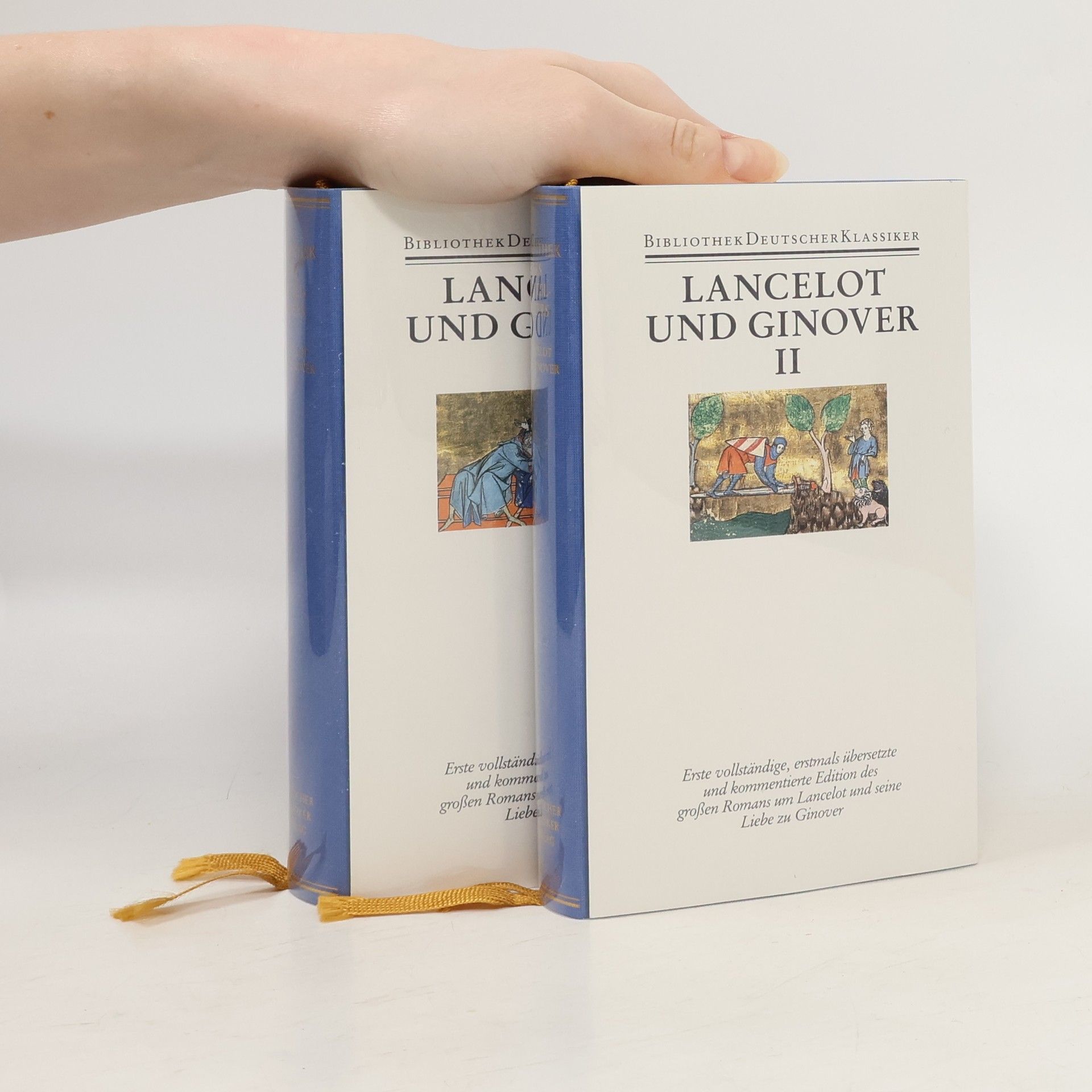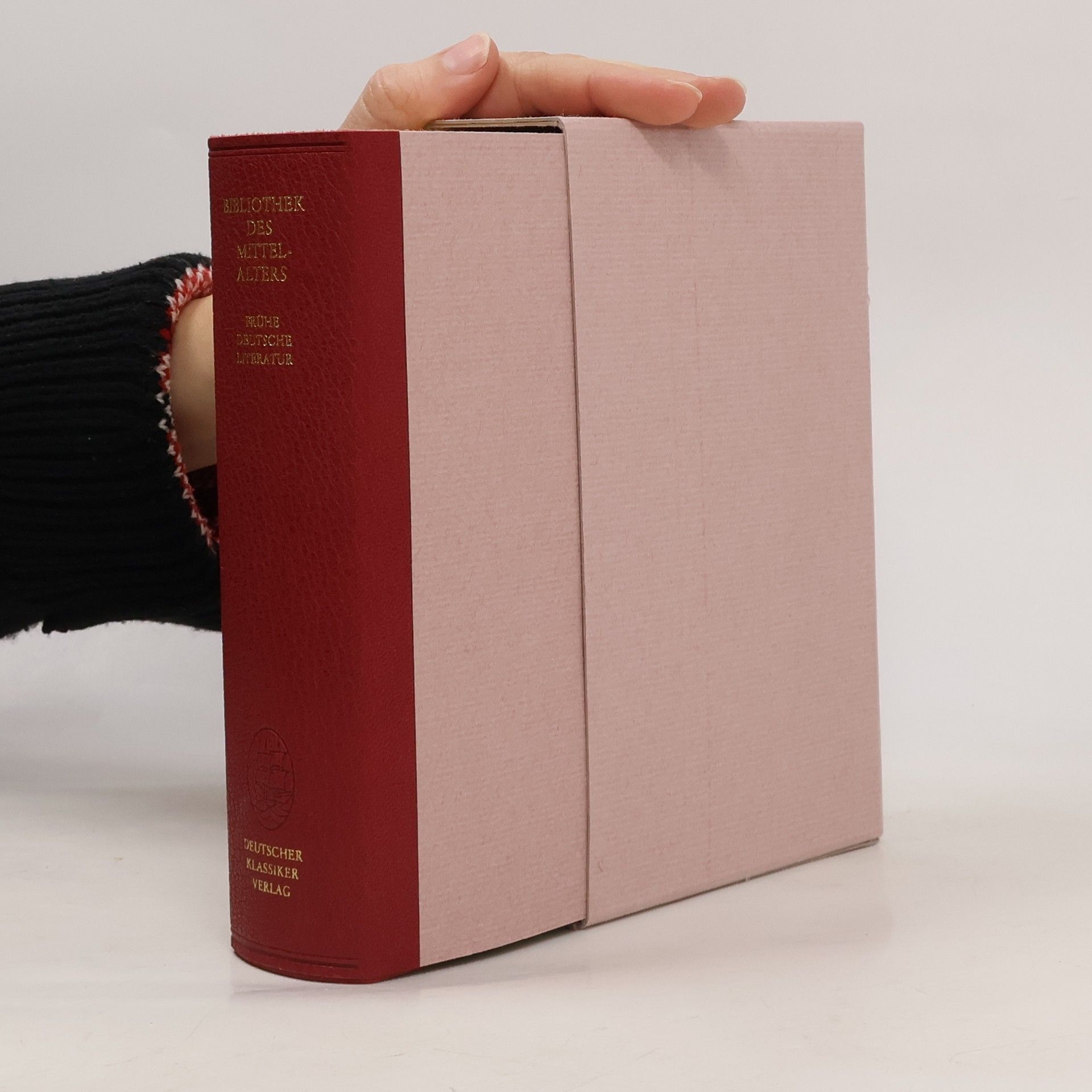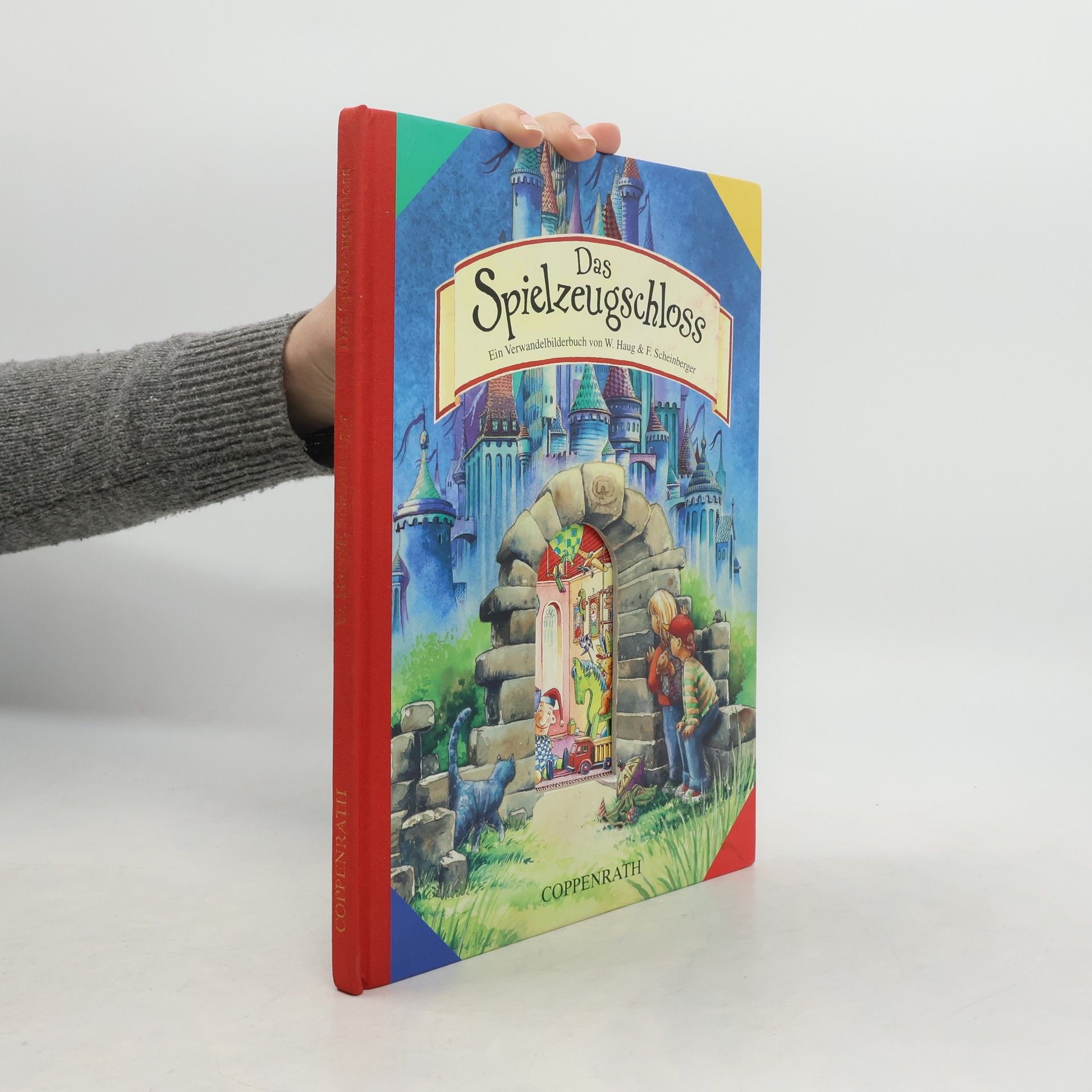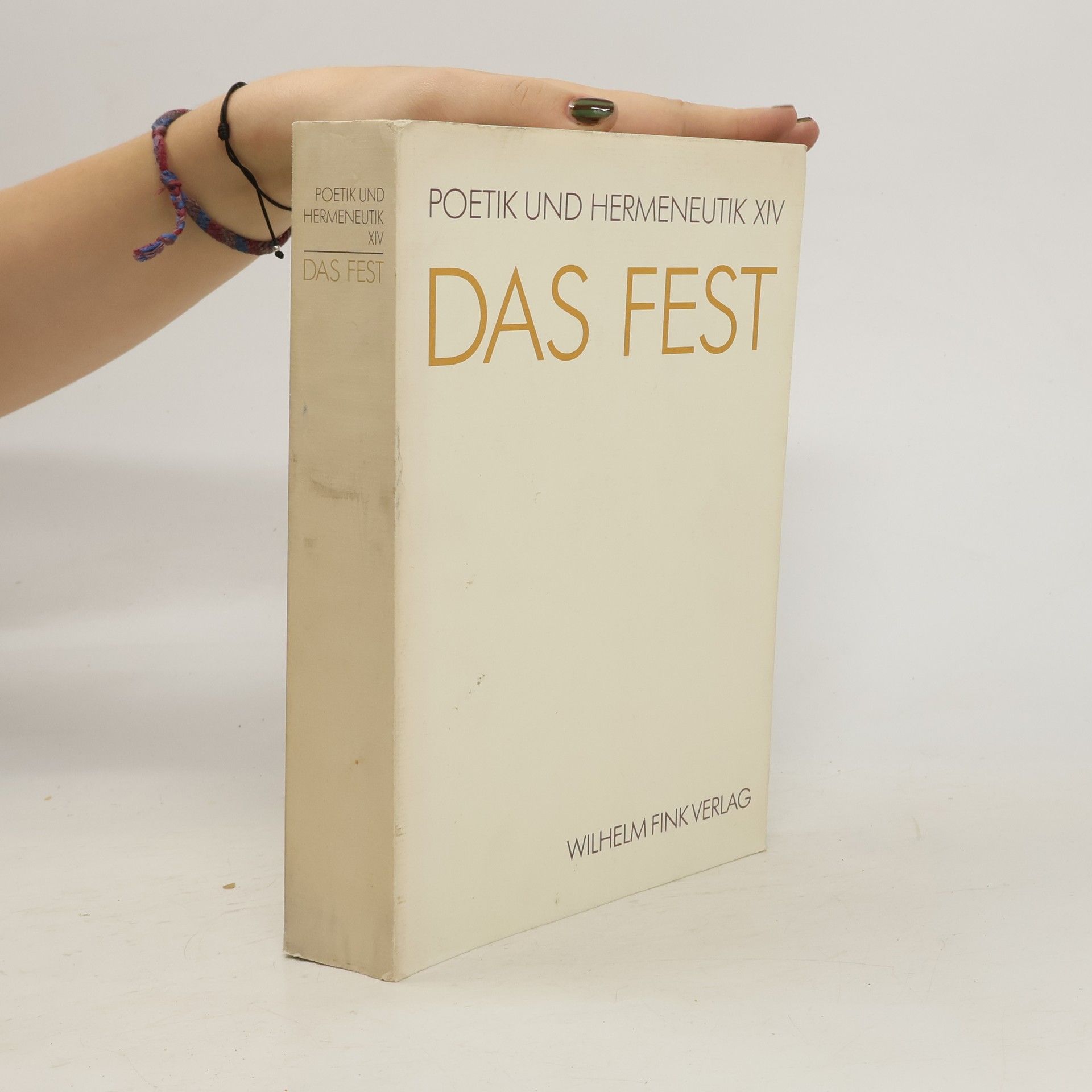Walter Haug Book order (chronological)






Frühe deutsche Literatur und lateinische Literatur in Deutschland 800-1150
- 1593 pages
- 56 hours of reading
Das Hildebrandslied, Taufgelöbnisse, Psalmenübersetzungen, das Wessobrunner Schöpfungsgedicht, das Muspilli, Otfrids von Weißenburg Evangelienbuch, der Heliand, Zauber- und Segenssprüche, Waltharius, Ruodlieb, das Ezzolied, das Annolied, der Physiologus, die Kaiserchronik - dies ist das Spektrum der deutschen (und der auf sie einwirkenden lateinischen) Literatur von den Anfängen im 8. Jahrhundert bis zur Mitte des 12. Jahrhunderts und der Inhalt des vorliegenden Bandes, der die Bibliothek des Mittelalters eröffnet. Hier zeigt sich eine reiche und bunte Fülle, wie es dem experimentellen Frühstadium einer Nationalliteratur entspricht.
Literaturtheorie im deutschen Mittelalter von den Anfängen bis zum Ende des 13. Jahrhunderts
- 408 pages
- 15 hours of reading
Walter Haugs innovative Darstellung der Literaturtheorie im deutschen Mittelalter ist längst zum Standardwerk geworden. Diese Studienausgabe bietet darüber hinaus ein aktuelles Vorwort zu Entstehung und Wirkung von Haugs wegweisender Untersuchung. „Man kann Haugs Buch auf verschiedene Weise lesen: als Nachschlagewerk zum Verständnis der literaturtheoretischen Stellen oder als eine Geschichte der immanenten Poetik, eine Geschichte der Literatur im Fokus ihrer poetologischen Reflexion. Es ist allemal ein gescheites, ein glänzendes Buch.“ Neue Zürcher Zeitung
Das Mosaik von Otranto
Darstellung, Deutung und Bilddokumentation
Das Fussbodenmosaik der Kathedrale von Otranto in Apulien entstand in den Jahren 1163/1165 und erstreckt sich in einer erstaunlichen Fulle von Bildern uber das Mittelschiff, die Vierung, die Apsis und einen Teil der Seitenschiffe. Die Motive gehoren den verschiedensten thematischen Bereichen alttestamentliche Zyklen und Episoden stehen neben Monstren und Fabelwesen, Paradies und Holle finden sich ebenso wie Alexander der Grosse und Konig Artus. Ikonographisch spiegelt sich in dieser Vielfalt das fur die Normannenzeit Suditaliens charakteristische Zusammenspiel der Kulturen mit romisch-antiken, griechisch-byzantinischen, langobardisch-germanischen, franzosisch-normannischen und orientalischen Traditionen.